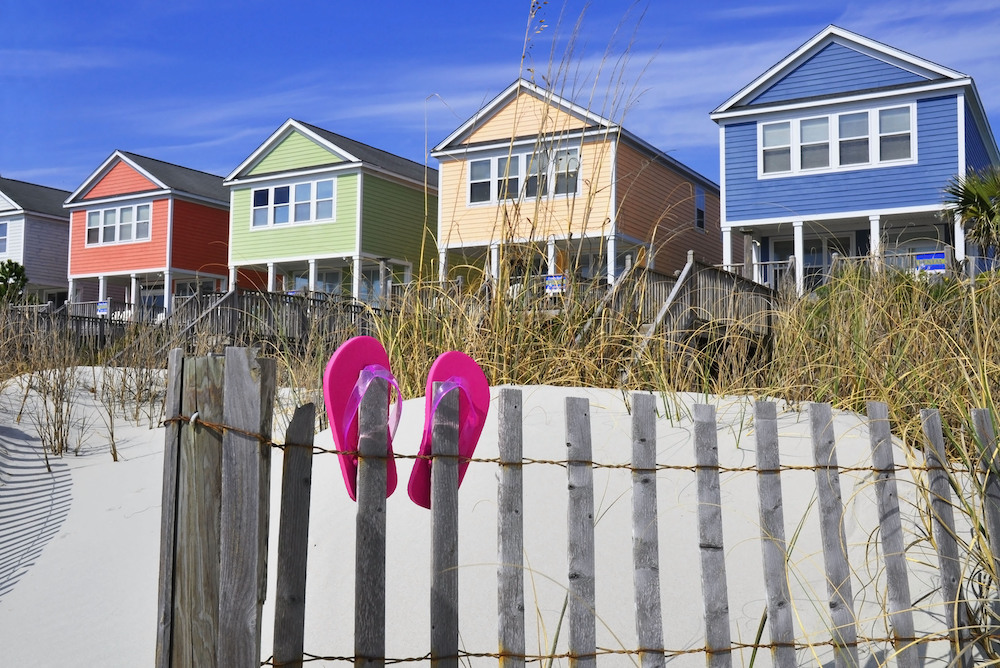5 Common Hearing Loss Myths
Hearing loss is a serious issue that affects millions of people all around

Summer is here, and it's the best time to spend time outdoors with friends and family while partaking in various activities. However, this season can also pose a challenge to your hearing aids. When you move from hot summer conditions outside to the cold indoor air, your hearing aids can experience shock. Hearing aids are a valuable investment worth protecting, not just for your pockets but also for your hearing. Here are a few tips for summer activities and hearing aid care.
The following are some of the culprits you should watch out for during summer when enjoying outdoor activities to protect your hearing aids.
Humidity: Humidity levels are usually high during this time of the year, and they can wreak havoc on your hearing aids. This is especially so if you keep moving from an indoor area with controlled air-conditioning to a hot outdoor environment.
Sand: Sand on the beach feels good on your toes, but it can become a problem if the granules clog your hearing aid tubing and microphone; this results in problems with their performance or permanent damage. Ensure you wash your hands before handling hearing aids, and store them away from the sand if you remove them.
Water: If your hearing aids aren’t water-resistant, moisture can destroy their receiver and microphone by corroding and clogging the tubing. Store your hearing aids in their case when you remove them or cover your ears if you’re planning to have a day in the pool or beach.
Wind: When the weather gets windy when you're outdoors, your hearing aids can loosen their grip on your ears and fall off, especially if you're engaging in fast activities. Similarly, wind can attract a lot of dust and debris, causing them to clog.
Many fun activities to enjoy during summer include being in the water; this can be swimming in the pool or beach, surfing, or playing other water games. Unfortunately, some hearing aids aren't waterproof and can experience damage. If you'll spend a lot of time in the water or on the beach, consider letting your audiologist know and have them customize In-the-canal hearing aids with in-built moisture protection. Alternatively, you can follow the tips below to keep them safe:
If you experience any congestion or pain in the ears after engaging in water activities, have your audiologist check for an ear infection.
If your hearing aids are behind-the-ear styles, use covers, such as "sweatbands" made from natural fabric to protect them from dirt, moisture, and dust. Similarly, you can use hearing aid sheaths made of waterproof spandex-nylon to repel water, dirt, and sweat. They protect hearing aids from these elements while allowing sound to enter naturally.
Summer is a warm season that creates a favorable breeding ground for bacteria in your ears, especially moisture. Before wearing your hearing aids, ensure you dry your ears completely. Also, disinfect your hearing aids with disinfectant wipes made for that purpose.
When you aren't wearing your hearing aids, say you want to enjoy some time on the beach or in the water, take the battery out, or leave the doors open to let accumulated moisture escape. This way, you protect the battery compartment from corroding. Also, consider leaving them in a cool and dry place like your dehumidifier before you head out to the water.
Hearing aids are an expensive investment for a better livelihood; when it’s hot enough, the plastic batteries and coatings can melt. Here are easy tips on how to protect your hearing aids from the summer heat:
If you're experiencing hearing loss, it's essential to take care of your hearing aids even as you enjoy summer activities; you need them to maintain a quality livelihood. Whether you're wearing BTE, ITE or ITC hearing aids, protect them from moisture, sand, heat, and secure them from the wind. If they get damaged, or you experience pain or congestion, visit your audiologist for a replacement or checkup for infection. Learn more about the Physicians Hearing Center and call us on (334) 441-4090 to get the help you need.

Hearing loss is a serious issue that affects millions of people all around

If you're one of the millions of people who use hearing aids, then you

Did you know that your hearing affects your balance? It's true! In